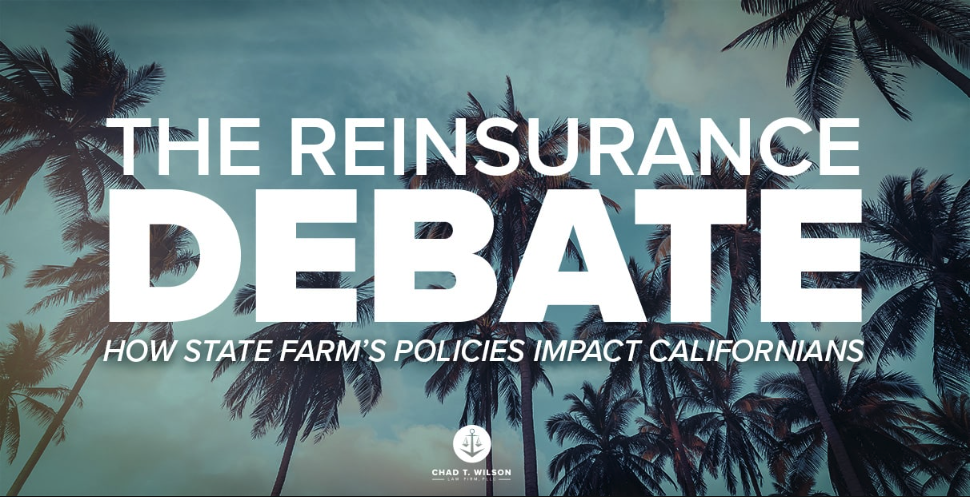State Farm Policies Impact Californians

State Farm, California’s largest home insurer, is requesting a 30% rate increase on homeowners insurance. The company cites wildfire risks and rising reconstruction costs as reasons for the hike. However, advocacy group Consumer Watchdog has raised concerns about the fairness of these rates.
Why is Consumer Watchdog criticizing State Farm?
Consumer Watchdog alleges that State Farm has been overpaying for reinsurance from its parent company, State Farm Mutual, while recovering little in return. According to Yahoo Finance, State Farm spent $2.2 billion on reinsurance from 2014 to 2023 but recovered less than 20% of that cost. Carmen Balber, executive director of the group, stated:
“Reinsurance is a main reason State Farm is asking for its massive 30% rate hike — but the company is overpaying for reinsurance, and consumers shouldn’t foot the bill” (Yahoo Finance, 2024).
How are Californians affected?
The proposed hike comes at a challenging time for California homeowners. State Farm has already raised rates by 20% earlier this year and announced it will not renew 72,000 policies. These changes coincide with similar moves from other major insurers, like Farmers and Allstate, who are raising premiums or withdrawing from California due to escalating wildfire risks and claims costs.
California Insurance Commissioner Ricardo Lara has introduced reforms to stabilize the state’s insurance market. However, Consumer Watchdog strongly opposes a new regulation allowing insurers to pass reinsurance costs directly to policyholders. They argue that State Farm’s practices are “Exhibit A” for why this rule could lead to unfair pricing for consumers.
What does this mean for California homeowners?
The Department of Insurance is reviewing State Farm’s rate hike request and demanding more transparency about its reinsurance agreements and financial health. The decision could have major implications for policyholders already struggling with high premiums and limited options.
Source: Yahoo Finance, State Farm Accused of Funneling Excess Reinsurance Costs to Parent Company, 2024. Read the full article here.
